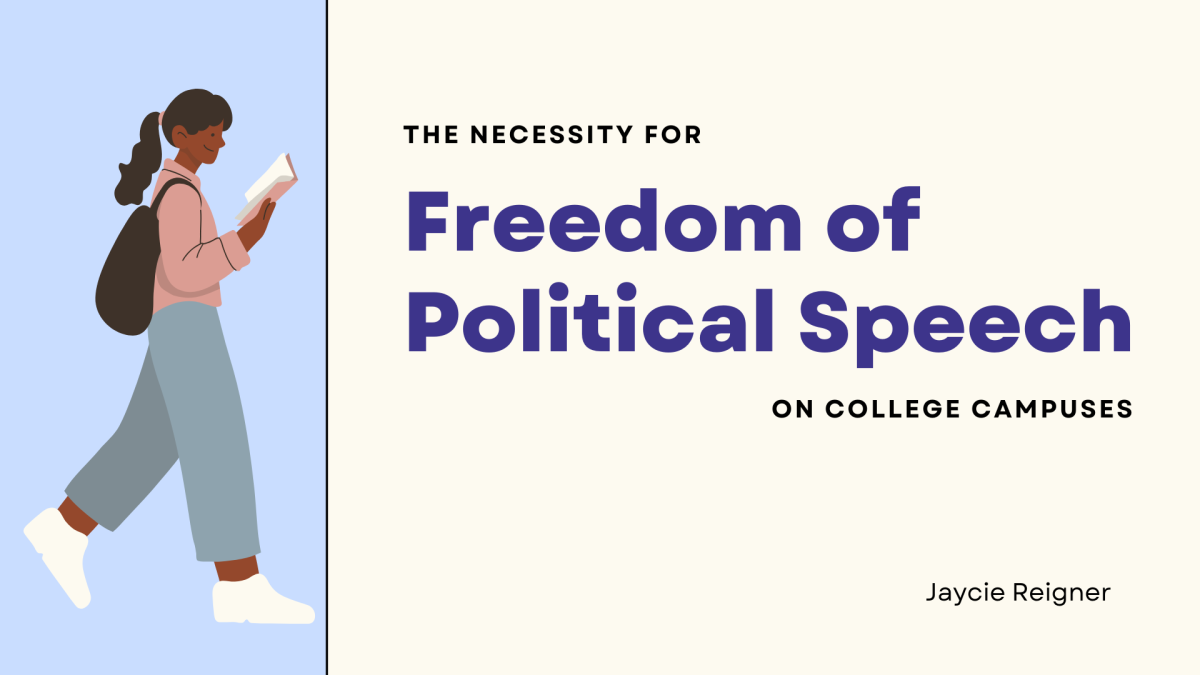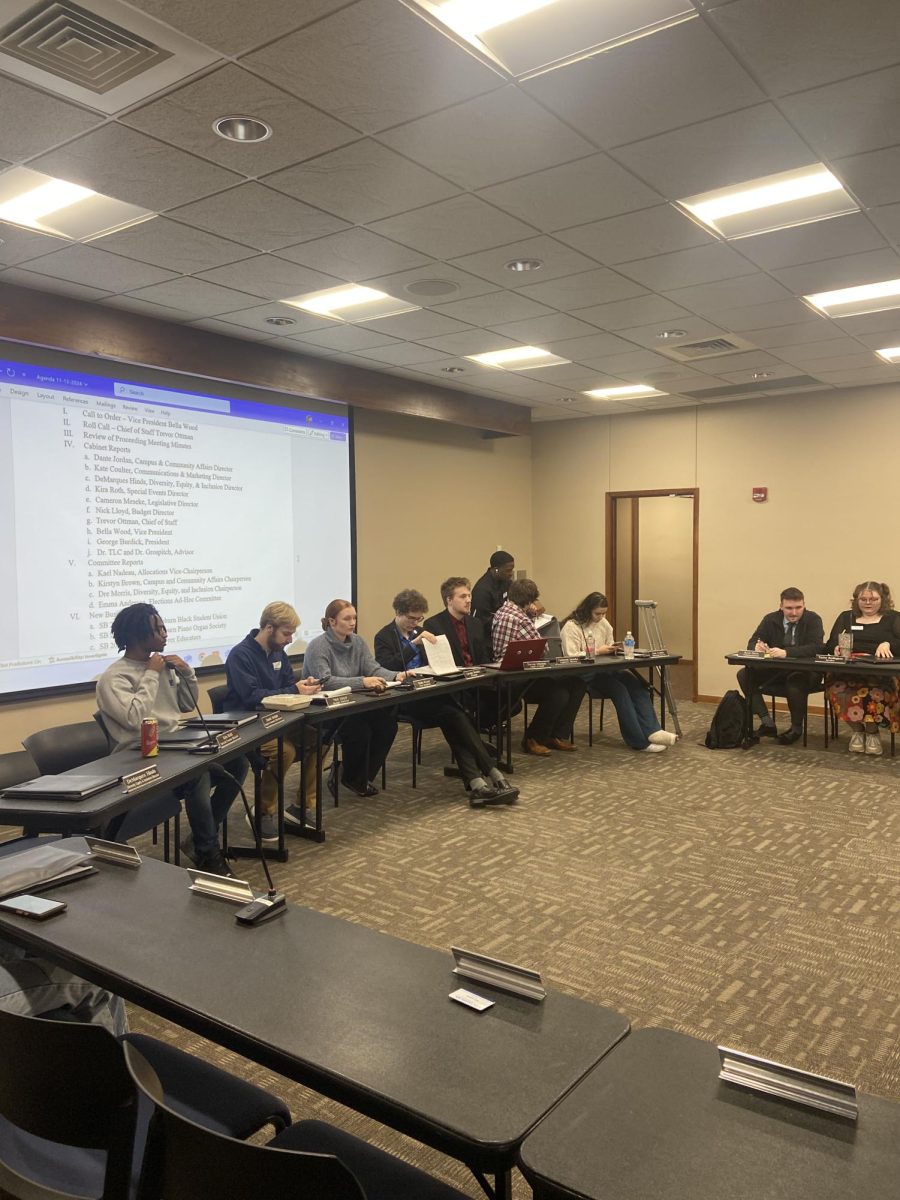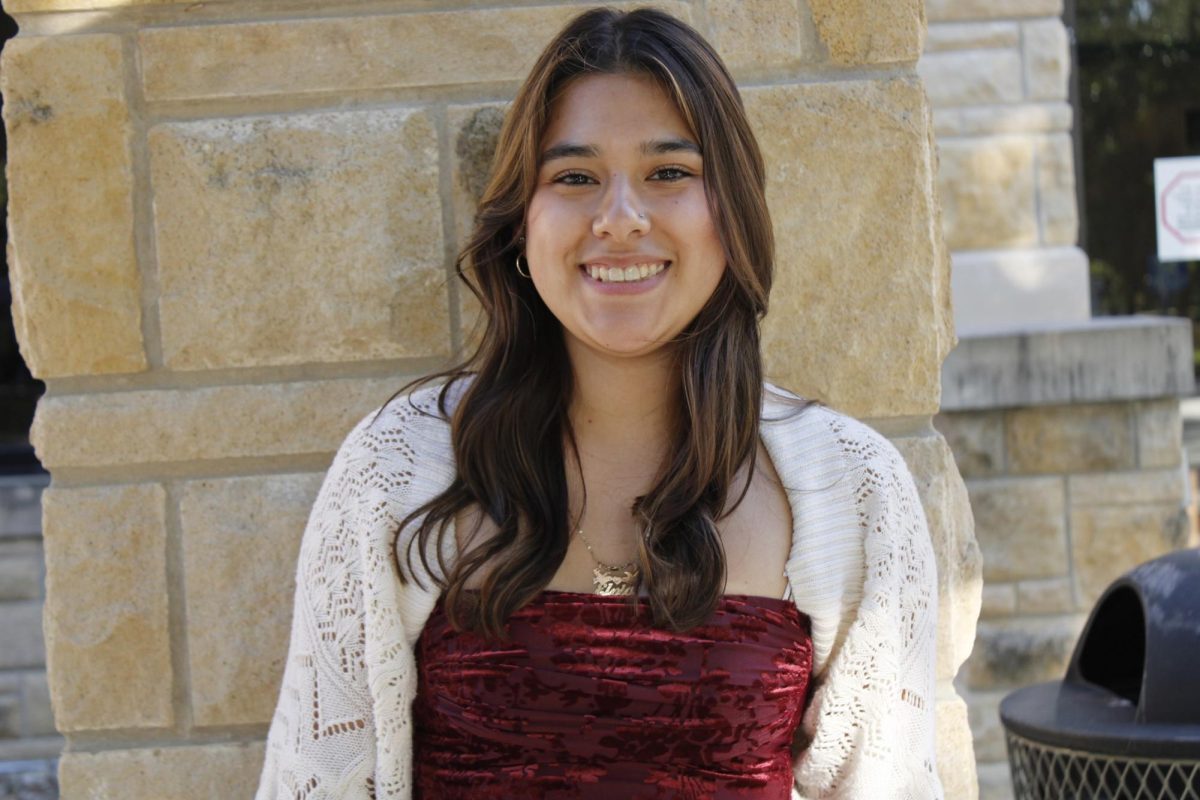In the midst of one of the most controversial election cycles in U.S. history, college students are calling for activism and protest across college campuses nationwide. The use of political speech on campuses is increasingly prevalent as university students continuously advocate for social justice issues and political reform in their communities and the country.
However, some believe this trend has polarized universities, leaving students unprotected and unable to exercise their First Amendment right to free speech. This can leave students often feeling unsafe, unheard or fearful of getting punished by the university and its community members for their political views.
According to a 2024 study done by Pulse and the Foundation for Individual Rights and Expression called 2025 College Free Speech Rankings, out of 58,000 college students across more than 250 universities nationwide, 55% of students find it difficult to discuss the Israel-Palestine conflict on campus, 42% of students feel that their university administration “somewhat” protects free speech and 24% believe free speech is “not clear” or “not at all.”
In light of these issues, it is important for college students to navigate university expectations to be safe and aware of their protected rights under the First Amendment.
“Students should be aware that they are allowed to protest any issues that they find an issue with,” said Trevor Ottman, junior psychology and chemistry major. “I don’t think it is something people should shy away from. I think, in fact, it should be encouraged to take a stand against specific issues.”
According to another article by FIRE, universities exist to advance the frontiers of human knowledge and depend on competition. Political expression is common as universities act as a “marketplace of ideas” where ideas compete.
“That’s the whole point of college to a certain extent. It’s good to have political Speech,” said Jeffery Jackson, dean of Washburn School of Law. “It’s good to be able to talk about your views, but you should be talking about them in a way that is respectful of the environment that you’re in.”
In simple terms, college students have the same constitutional First Amendment rights as every other citizen in the United States. All college students are free to express their political views and/or participate in political activities on a college campus, and certain rules set up by colleges and universities ensure that students are safe and can still participate in class.
Jackson gave some insight into instances of conduct that are not protected under the First Amendment.
“You can’t threaten other people, you can’t infringe on their right to speak. There can’t be threats of physical intimations of physical violence. Beyond that, you’re free to espouse your views,” Jackson said.
With the presidential election less than a week away, political tension is expected to increase across college campuses. As political discussions and protests intensify, students often feel uncomfortable and unsafe sharing their views with staff or their peers.
“Sometimes specific rhetoric can make people uncomfortable,” Ottman said. “There can be a huge threat to people’s personal identities coming into this election, so there is some concern about comfortability of students on campus.”
According to an article from the New York Civil Liberties Union, public universities can set up viewpoint-neutral, reasonable rules regarding the time, place and manner of student speech.
“There are certain things you must get permission to do,” Jackson said. “You can’t block student access to things, so you can’t set up a tent blocking the entrance to the library. Or you could protest in front of Morgan Hall but not block people’s access to Morgan Hall.”
However, if a student’s access to or restriction to free speech by the university is based on the content of the message, this is considered a matter of infringement. NYCLU also states that public institutions cannot prohibit or restrict a student’s viewpoint, peaceful protest, sit-in or social event even if the university disagrees or deems it controversial.
“You could file a lawsuit for these types of things…because that is a violation of your First Amendment rights by restricting your viewpoint,” Jackson said
Ottman advocates for students and encourages them to express their political views on campus even when it seems difficult.
“It’s a part of a healthy democracy and republic in which the interest of the government matches with the next generation of students and people who are passionate about issues,” Ottman said. “I think it is important to recognize that sometimes if you don’t speak up about things other people might or no one else will.”
It will be a challenge for students and colleges to balance these issues where they respect the values of their students and inclusivity while fostering a safe campus environment. Ultimately, it is up to students and the administration to address these competing situations while still protecting the rights of university students.
To learn more about your First Amendment protections as a college student, read the NYCLU article about knowing your rights.
Edited by Jeremy Ford and Morgan Albrecht












